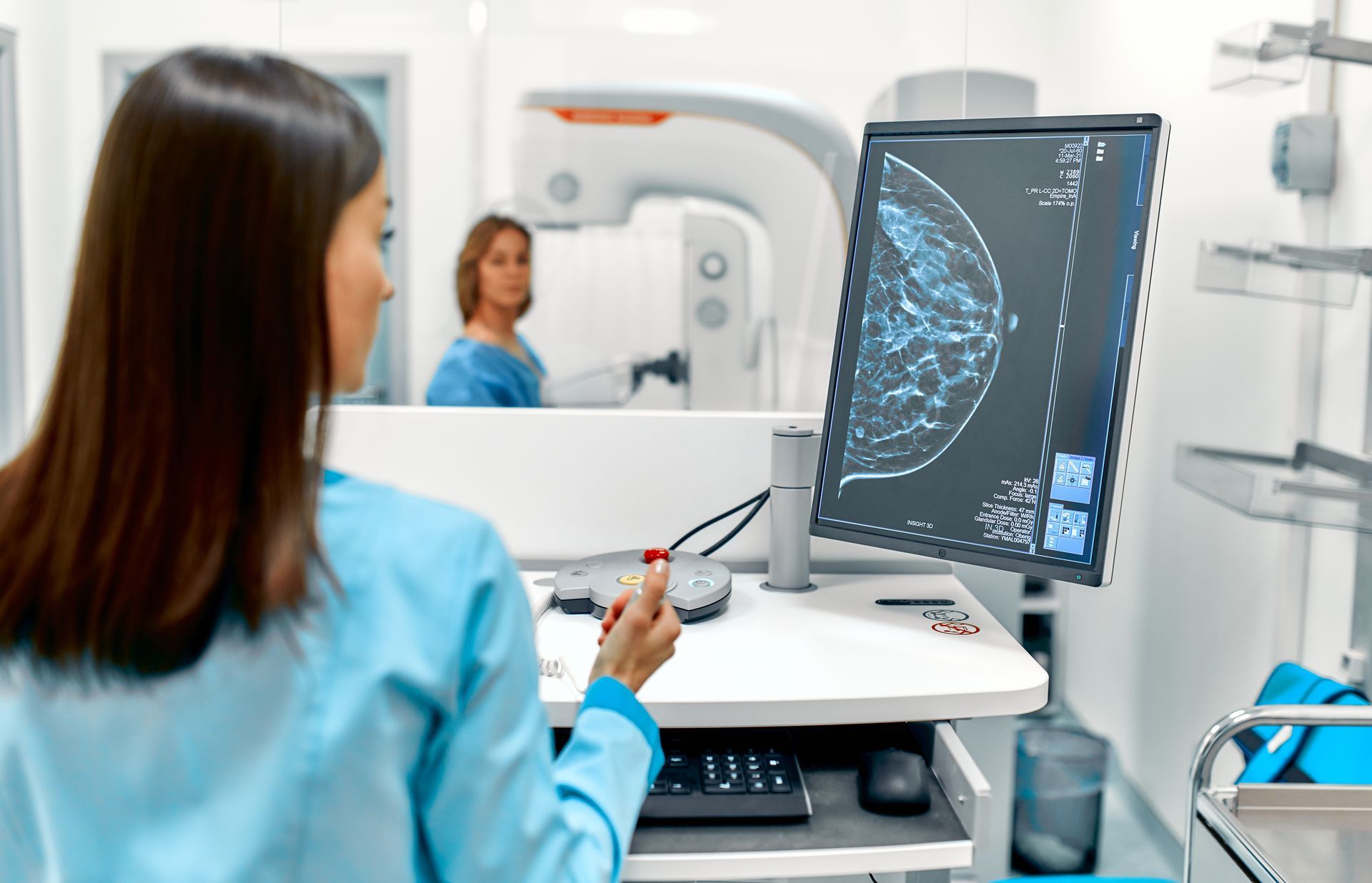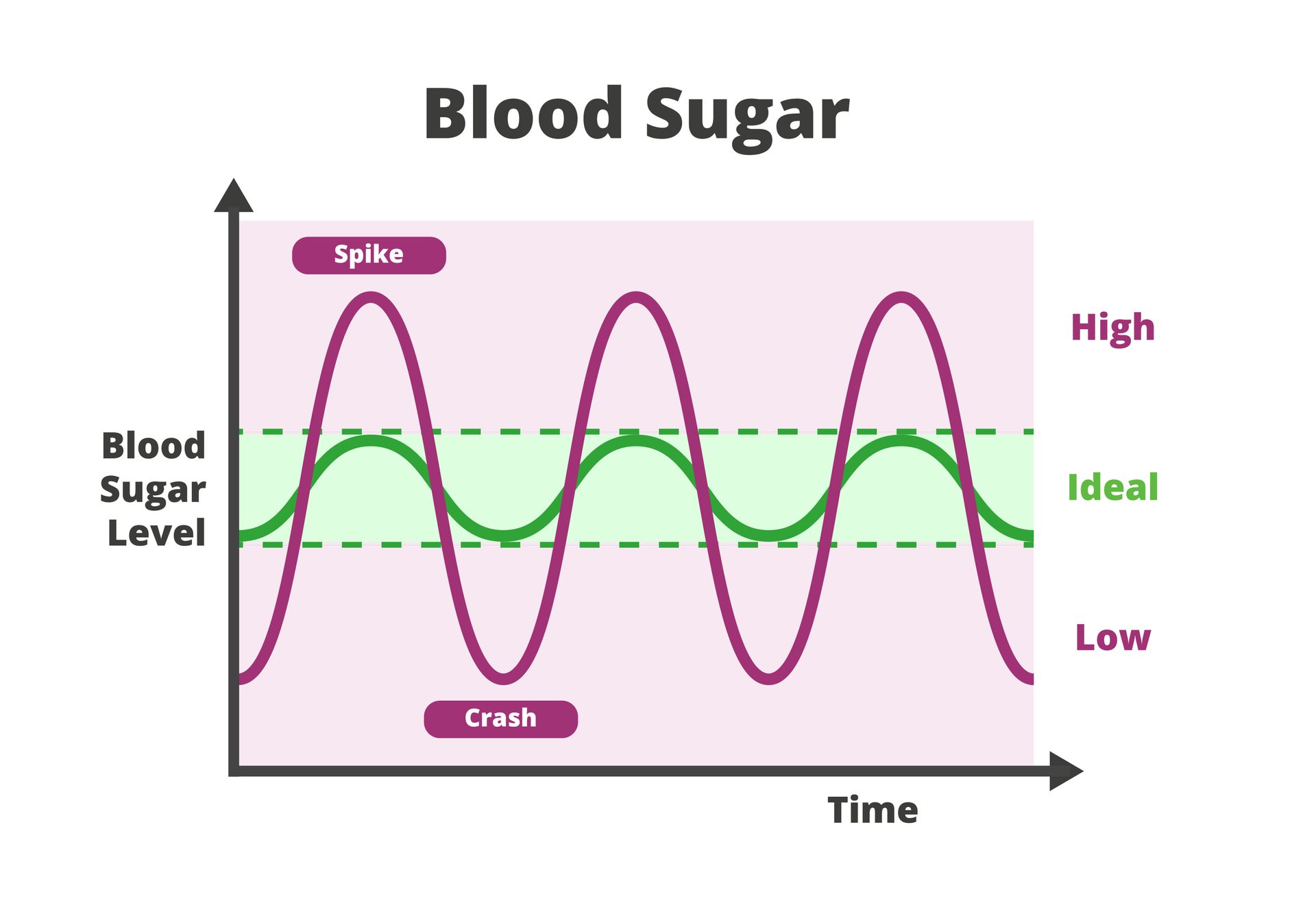Recent Posts
Your Primary Care Provider Is Still Your Best Resource—Even If You’re Using Dr. Google

In today’s digital world, information on virtually everything is just a quick search away. Whether you have a headache, stomach pain or trouble sleeping, a Google or an AI chatbot can deliver dozens of possible explanations in seconds. It is no surprise that millions of people turn to “Dr. Google” before calling their healthcare provider.
While the internet can be a great source of general health information, your primary care provider is still the best and safest resource when it comes to understanding your body, diagnosing conditions and creating an effective treatment plan. The key is knowing how to balance online research with expert medical guidance.
The Benefits and Limitations of Online Health Searches
There is nothing wrong with using the internet to learn more about your health. In fact, credible sources such as medical organizations, research hospitals and public health websites can help you understand symptoms, treatment options and prevention tips. Online research can empower patients to ask better questions and take a more active role in their care.
However, self-diagnosis based on what you read online can easily lead to confusion or unnecessary anxiety. Search engines cannot account for your unique health history, medications or environmental factors. What looks like a serious illness in one article might simply be allergies, dehydration or stress in your case.
Even the most advanced websites are designed to provide general information, not personalized medical advice. Without a full understanding of your unique body, medical history, lifestyle and environment, online research can create more worry than clarity.
Why Your Primary Care Provider Sees the Full Picture
Unlike a search result, your doctor or nurse practitioner looks at the entire picture of your health. They do not just match symptoms to diseases. They evaluate how lifestyle, diet, genetics, stress and environment work together to influence your condition.
For example, if you come in with recurring headaches, your provider will not only consider neurological or sinus-related causes but also explore factors like:
- Hydration and nutrition: Are you drinking enough water or skipping meals?
- Sleep patterns: Are you getting consistent, quality rest?
- Screen time and posture: Could hours at a computer be triggering tension headaches?
- Allergies or air quality: Is something in your environment contributing to inflammation?
- Medication side effects: Could a prescription or over-the-counter product be causing symptoms?
A search engine might list everything from dehydration to brain tumors, but your provider can tell you which causes are actually likely for someone your age, with your health history and lifestyle, and which are extremely rare. Their training, diagnostic tools and patient history allow them to see what an algorithm cannot.
The Value of Experience and Clinical Testing
Another major difference between online searches and real healthcare is access to testing and medical technology. A primary care provider can perform or order diagnostic tests that confirm what is happening inside your body rather than guessing based on symptoms.
- Bloodwork can reveal vitamin deficiencies, hormone imbalances or infections.
- Imaging tests can rule out structural issues or internal inflammation.
- Allergy testing can identify triggers that mimic cold or sinus symptoms.
- Physical exams allow providers to feel, listen and observe things no website ever could.
These tools provide measurable data that support a precise diagnosis. Without actual testing, online research often leads people to worry about the worst-case scenario that likely doesn’t apply to them at all.
How to Use Online Research the Right Way
Using the internet responsibly can actually complement your relationship with your primary care provider. The key is to treat online information as background knowledge, not as a self-diagnosis tool.
- Take notes, not conclusions: Write down your symptoms, possible explanations and questions you want to discuss with your provider.
- Stick to reputable sources: Use trusted organizations like the Centers for Disease Control and Prevention (CDC), Mayo Clinic or the World Health Organization (WHO). Avoid forums or social media posts that rely on anecdotal experiences.
- Be honest about what you find: If something online worries you, share it during your appointment. Your provider can explain whether it is relevant or a misunderstanding.
- Don’t skip the visit: Even if you think you know what’s wrong, your provider can confirm or correct your assumptions and help you get proper treatment sooner.
- Avoid self-treatment: Overusing supplements, trying fad diets or taking unverified online advice can make your condition worse. Always discuss new products or changes with your healthcare team first.
When Online Research Creates Unnecessary Anxiety
Health anxiety has become increasingly common in the digital age. Reading symptom lists online can make anyone feel like they might have something serious. This phenomenon, sometimes called “cyberchondria,” can lead to sleep problems and oppressive anxiety.
Your primary care provider can help ease that stress by giving you clear answers based on real evidence. They also help you develop healthy habits that reduce your need for online troubleshooting in the first place.
Partner With Our Team for Real Healthcare in Houston, TX
Online information can be useful, but nothing replaces the insight of a trusted healthcare professional who knows you personally. Call St. Hope Healthcare today at (713) 778-1300 to schedule your appointment and get clear, professional answers you can trust.









